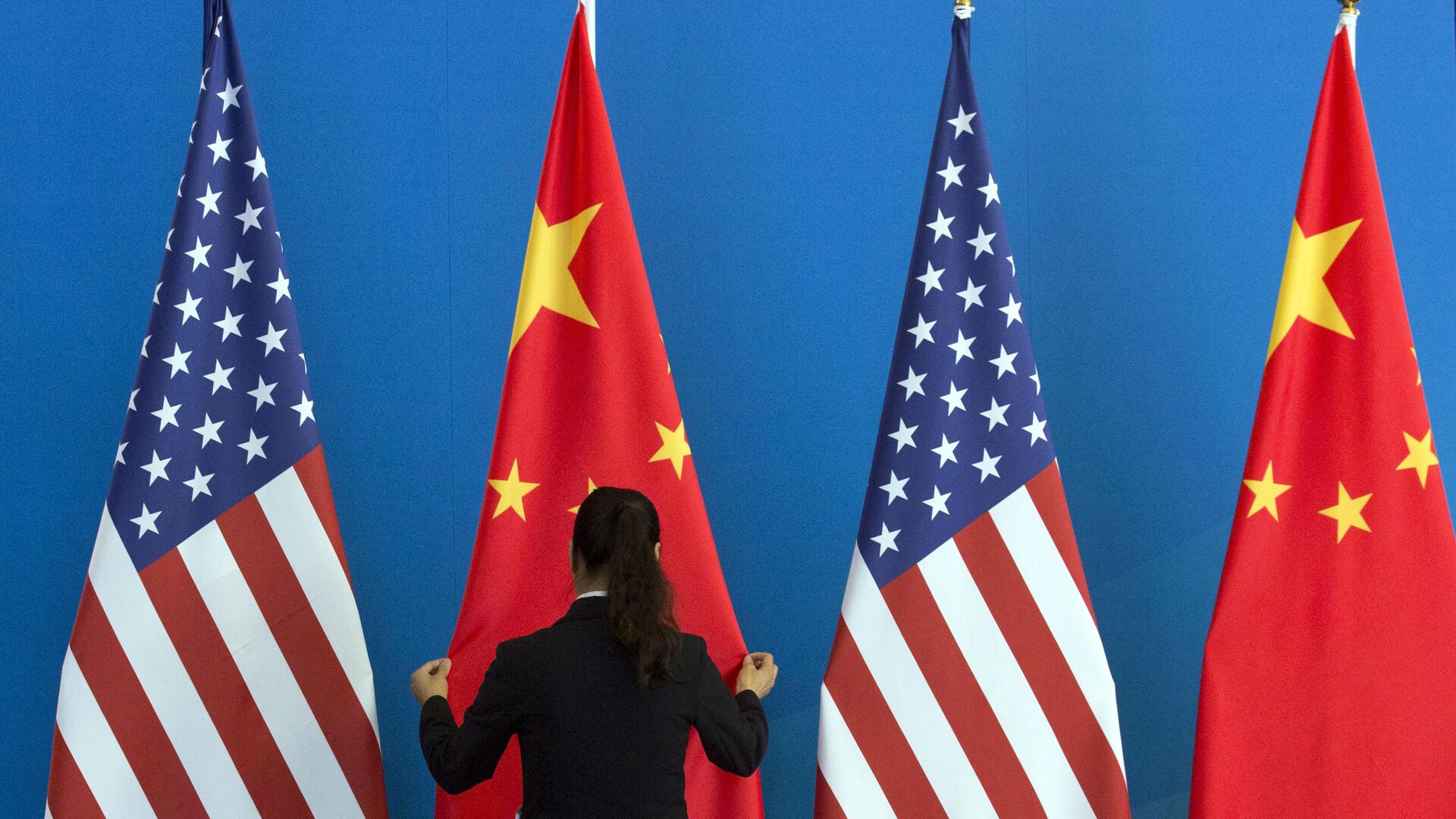Ned Price, the spokesperson for the US State Department, told reporters during a Wednesday briefing that US support of the so-called “One China” policy over Taiwan has not been changed under the incoming Biden administration.
Asked if the Biden White House would be switching gears on the topic, Price stressed after a brief pause that “our policy has not changed,” noting that the current stance is guided by existing policy.
The US has adhered to the “One China” policy for decades; however, under the Trump administration, US-China relations severely deteriorated, as former US President Donald Trump accused Beijing of taking advantage of US businesses and trying to engage in intellectual property theft, among others.
Making matters even worse, the Trump administration cleared arms sales to Taiwan, which China sees as a wayward territory in need of being brought back into the mainland’s fold. The hefty defense sale to the self-governing nation included weapons systems, rocket launchers, sensors, and artillery. Beijing has previously stated that it has not ruled out the use of force in its efforts to keep Taiwan.
Price’s remarks followed those he made during a Tuesday briefing that noted the Biden administration was biding its time over concerns regarding China, opting instead to discuss matters with the US’ allies and partners first.
However, the spokesperson did acknowledge it was in the US’ “national interest to cooperate on a limited basis with China” on a variety of issues, such as climate change and trade.
“So, as a first step we want to make sure that we are in lockstep with those allies, in lockstep with those partners, and then ... you can expect that there will be engagement in several areas with China,” he said.
At the time, Price described US-China relations as one viewed “through the lens of competition and positioning ourselves to compete and ultimately to out-compete with the Chinese.” He further doubled down on stances made by the Trump administration that China is threatening US alliances, stunting the Land of the Free’s “technological edge” and engaging in “gross human rights violations that shock the conscience.”
Price’s remarks echoed those made by newly confirmed Secretary of State Antony Blinken, a notorious warhawk who recently described China as a country that “poses the most significant challenge” to the US.
For its part, China has called on the Biden administration to come to the negotiating table and remedy the “strategic misjudgment” of the previous administration’s policies. Yang Jiechi, head of the Chinese Communist Party's Central Foreign Affairs Commission, remarked during a Tuesday forum that Beijing hoped Washington would “be able to return the relationship to the course of sound and steady development.”
"I hope that the US will rise above the outdated mentality of zero-sum, major-power rivalry and work with China to keep the relationship on the right track," Yang noted.
Although Biden has signed multiple executive orders since being sworn in, the commander-in-chief has yet to revoke any Trump-era policies against China.




